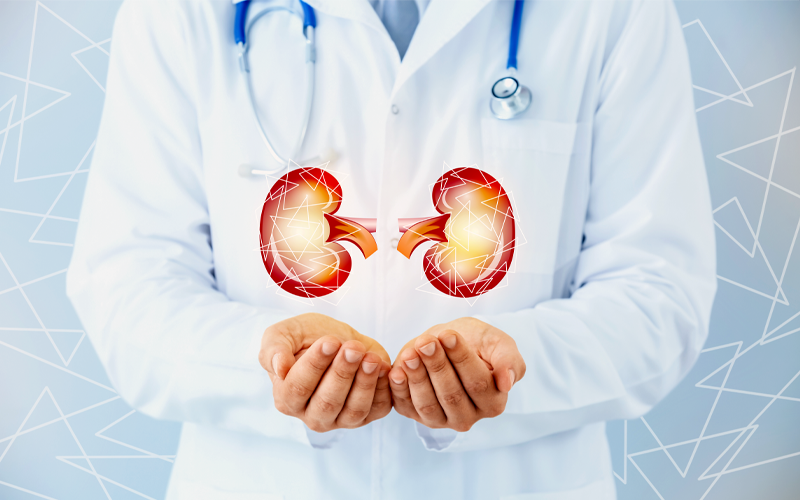By Marge Roberts, BSN MSHP DAHom
March is recognized as National Kidney Month, yet few people understand the vital role their kidneys play, beyond the fact that they are somehow involved in the removal of urine from the body. We take our kidneys for granted unless, or until, something goes wrong.
The kidneys filter about 125-150 quarts of blood every day, resulting in just 1-2 quarts of urine each day, the urine containing both wastes and extra fluid. But, the kidneys are responsible for so much more.
The kidneys are involved in blood pressure regulation by controlling fluid levels. The kidneys produce renin, which in turn is involved in making the hormone angiotensin II which causes blood vessels to constrict, thereby increasing the blood pressure in a condition of low blood pressure or shock.
The kidneys are important in making red blood cells by producing a hormone called erythropoietin. Basically, erythropoietin tells the bone marrow to make red blood cells.
The kidneys participate in bone health by making an active form of vitamin D. You need vitamin D to absorb calcium and phosphorus which are important minerals for bone strength. The kidneys also balance the calcium and phosphorus so your body has the correct amount.
The kidneys maintain a healthy pH level, which is a measure of acid and base. When cells naturally break down, they make acids. The foods you choose to eat can also either increase or lower the amount of acid in your body. Your kidneys balance the pH of your body by either removing or adjusting the right amounts of acid and buffering agents. This is one reason to avoid sodas. Soft drinks are acidic; phosphoric acid contained in regular sodas acidifies your urine and even ‘natural’ sodas contain citric acid. If you like the fizz, opt for sparkling water instead. Sweeten it will a little natural stevia and you can indulge in your sweet-tooth, bubbly habit without the adverse effects on your kidneys.
According to Dr. Mercola, “Most Americans consume three to five times more protein than they need, and two to four times more fructose than is safe. These two dietary factors place significant stress on your kidneys, promoting kidney disease and stones.”
What a great way to save money and take care of your kidneys at the same time. Decrease your protein intake and in addition to giving up sodas, give up some other sweets as well. We all know that when we go out to eat, the most expensive portion of the meal is the desert. Forgo the desert – not every time but some of the time. When you start to eat a third or a fifth of the meat or protein of your choice and replace the portions with vegetables – the savings will be a welcomed addition to your family budget.
On the other end of excess, only 2 percent of U.S. adults get the recommended daily amount of potassium. Potassium is found in many foods such as fruits, vegetables, dairy products, salmon and nuts. Unfortunately, many people have a regular diet of fast food and processed foods, void of fresh fruits, vegetables and whole foods. Potassium is essential for your organs to function properly and your kidneys are responsible for maintaining the proper amount of it in your body. However, if you have severe kidney impairment, you may need to restrict your intake of high-potassium foods. Your health care provider can give you guidance.
Long-term alcohol consumption and smoking are also detrimental to kidney health. These health-destroying habits also wreak havoc with your liver and your life, so you have other reasons to break these habits. Homeopathy, acupuncture, hypnosis, chiropractic and massage are natural therapies that can help break both alcohol and tobacco addictions.
Chemical drugs, especially analgesics, are also guilty of contributing to kidney damage when taken frequently or in excess. By their very nature, they are toxins that can overwhelm the kidneys. This includes many over-the-counter drugs such as aspirin, anti-inflammatory drugs, ibuprofen and acetaminophen. Consider their avoidance by using chiropractic, massage or homeopathy as therapies for pain relief.
Homeopathy also is known for its kidney and bladder remedies such as Cantharis, Solidago, Berberis and Benzoicum acidum. Some homeopathic manufacturers combine kidney remedies in a detoxifier complex for ease of use. Massage is also a great adjunct for detoxification because it increases circulation of both the blood and the lymph which impact the kidneys.
Don’t kid around with your kidneys; they’re much too important to your health – restrict protein to only what your body needs; restrict sugar; drink lots of pure, clean water; avoid as many chemical drugs as you can; exercise; limit alcohol consumption and avoid acid-producing foods.

